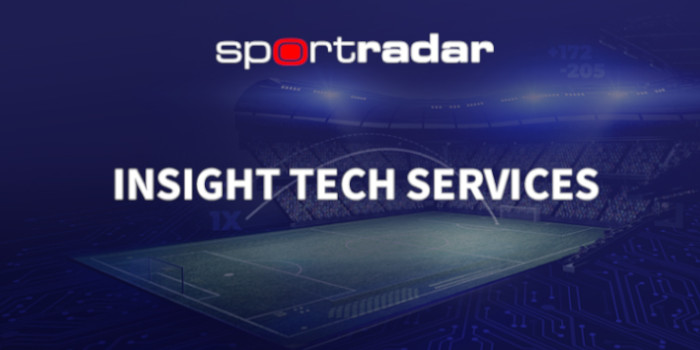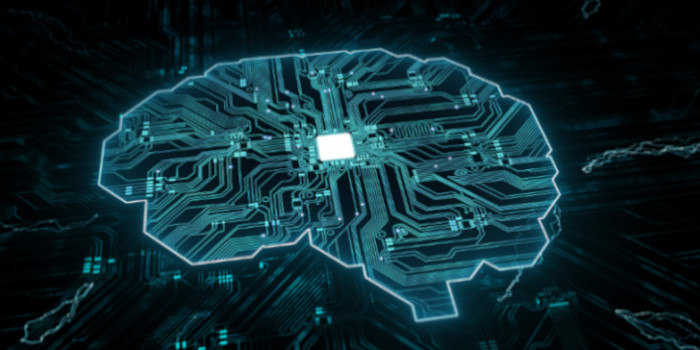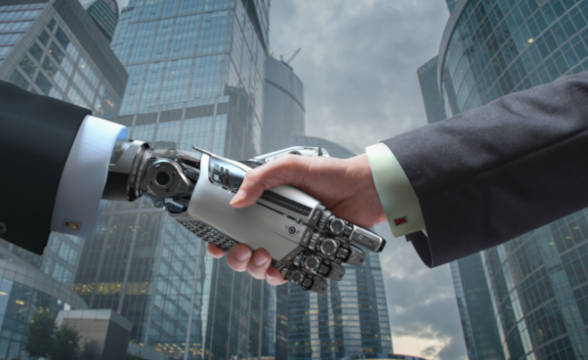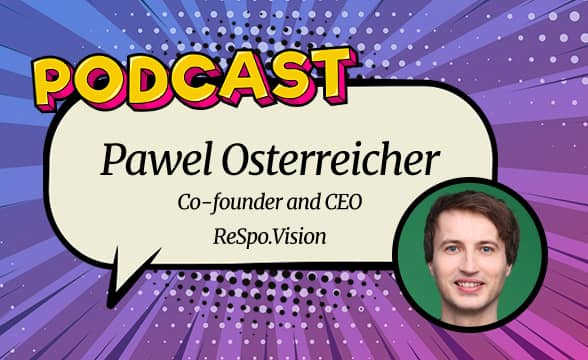AI Facial Recognition And Its Application In The Casino Industry

The rapid development in technologies present real opportunities for many businesses to reshape operations and, even some of the most controversial ones such as AI facial recognition and machine learning, the subject for discussion among executives, analysts and lawyers from the casino industry during the recent day-long primer in the UNLV Boyd School of Law, open up possibilities unseen before.
While the general consensus is that the implementation of facial recognition and machine learning would significantly facilitate the operations of casinos, mainly by allowing the automatic recognition of a client and the taking of subsequent actions afterwards, most of the speakers share the opinion that the technology itself brings a lot of problems with regards to privacy and data protection.
Will AI tackle the problem of addiction?
Even the possible application of the facial recognition technology, to help identify problematic and even addictive gambling patterns in players and thus serve as a preventative tool, is hard to be sold to the public, as according to recent studies only about 8% of gamblers have such unhealthy behavior and even if they somehow are steered towards professional help, the effect would be small compared to the risks the technology presents.
To say nothing that this application of the technology is still in the realm of possibilities, as it is based on the assumption that machine learning tools will not misjudge a player or confuse an outburst of emotions with unhealthy patterns behavior and, instead of solving a problem, the facial recognition AI will create one.
Personal data matters
Another area for consideration regarding the possible application of facial recognition in the casino industry is the legal aspect of the matter, as it borders on privacy intrusion and in some jurisdictions there are strict laws against such practices, but even if the technology is law-compliant, customers can always choose to get entirely excluded from such systems.
When it comes to matters about privacy, the industry follows the rules of the country the customer originates from: some states in the US have no such laws while others are adopting specific measures to allow people to opt out of any of their personal data being collected or used, with the extreme case in Europe where the recently introduced General Data Protection Regulation /GDPR/ gives the right for the deletion of personal data, and even, according to a recently leaked information the European Commission it is preparing to ban the use of AI technologies.
Last but not least, the enormous amount of personal data that is going to be collected for the machine learning process needs protection and will pose another conundrum for the industry by turning casino data banks into targets for potential attacks by hackers.
Mike made his mark on the industry at a young age as a consultant to companies that would grow to become regulators. Now he dedicates his weekdays to his new project a the lead editor of GamblingNews.com, aiming to educate the masses on the latest developments in the gambling circuit.






